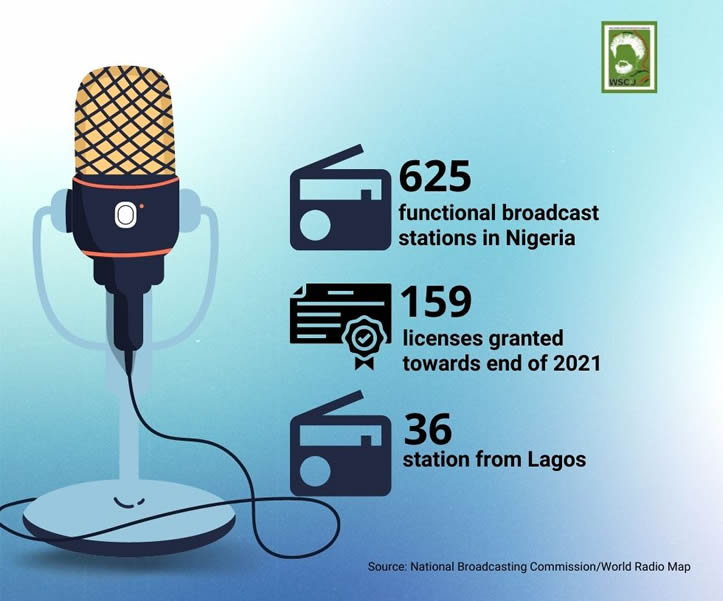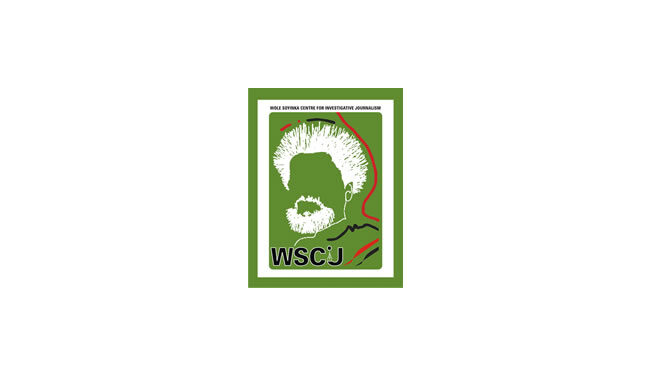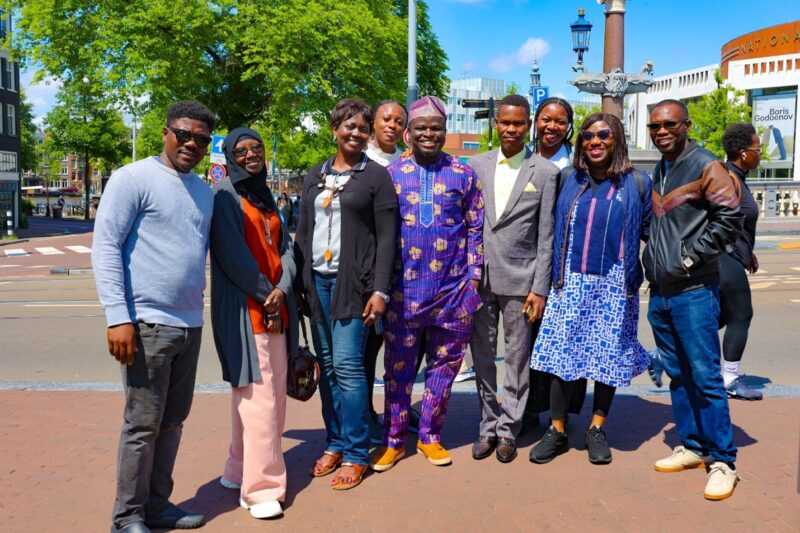Yesterday, Sunday 13 February was another World Radio Day. It was a day to reflect on the importance and impact of radio on the society. The day was proclaimed in 2011 by the United Nations Educational, Scientific and Cultural Organisation (UNESCO) and raised to International Day by the United Nations General Assembly in 2012. Radio is without doubt one of the most trusted and accessible media in the world.
The 2022 World Radio Day theme, ‘Yes to Radio, Yes to Trust’, has three sub-themes. The first is ‘Trust in radio journalism’. It underscores the need for verifiable information to be shared in the public interest while holding public office holders to high standard. ‘Trust and accessibility’, the second, focuses on serving the informational needs of all listeners while providing a platform for national integration and social participation. ‘Trust and viability of radio stations’, the third sub-theme, revolves around the ability of these stations to turn their massive followers into a viable business model and financial sustainability.
On this occasion, the Wole Soyinka Centre for Investigative Journalism (WSCIJ), celebrates all our broadcasters, producers, newscasters, reporters, station directors and so many people behind the scene, who make the daily operations of radio stations possible and help inform, educate, entertain and hold power accountable to the mass of our people.
Radio has a major role to play in the news media objectives to inform, educate, entertain and keep powers accountable. To underscore this importance, and in line with our mandate to promote investigative journalism as a tool for social justice and an inclusive society, we have actively included radio as a crucial genre in our capacity development initiatives. Unfortunately, only three out of 56 winners of our award have come from the radio category.
As the noose tightens around journalists across Nigeria in attempts by the political class to muzzle the media and Nigerians’ right to freedom of expression, radio practitioners are also not left out. There are documented cases of government attempts to harass radio stations, the most recent being a N5 million fine of Inspiration FM by the Nigerian Broadcasting Commission in 2020 for violating its Hate Speech Act. The bids to clamp down on the press, should not deter radio practitioners from remaining the beacon of hope, searchlight and voice for the people.
Radio stations across the country have huge roles to play in the survival of Nigeria’s democracy as we head to the polls in 2023. According to Dataphyte, only 10.38% turnout was recorded during the last Anambra State Governorship election. Voter apathy continues to threaten our democratic process. Being the fastest and most affordable medium to relay information, the radio need lead civic education. The industry players must be ethical, professional, astute and courageous within their rights as protected by the Nigerian constitution.
The WSCIJ will continue to say yes to radio, yes to trust. Happy World Radio Day!
Motunrayo Alaka
Executive Director/CEO, WSCIJ








